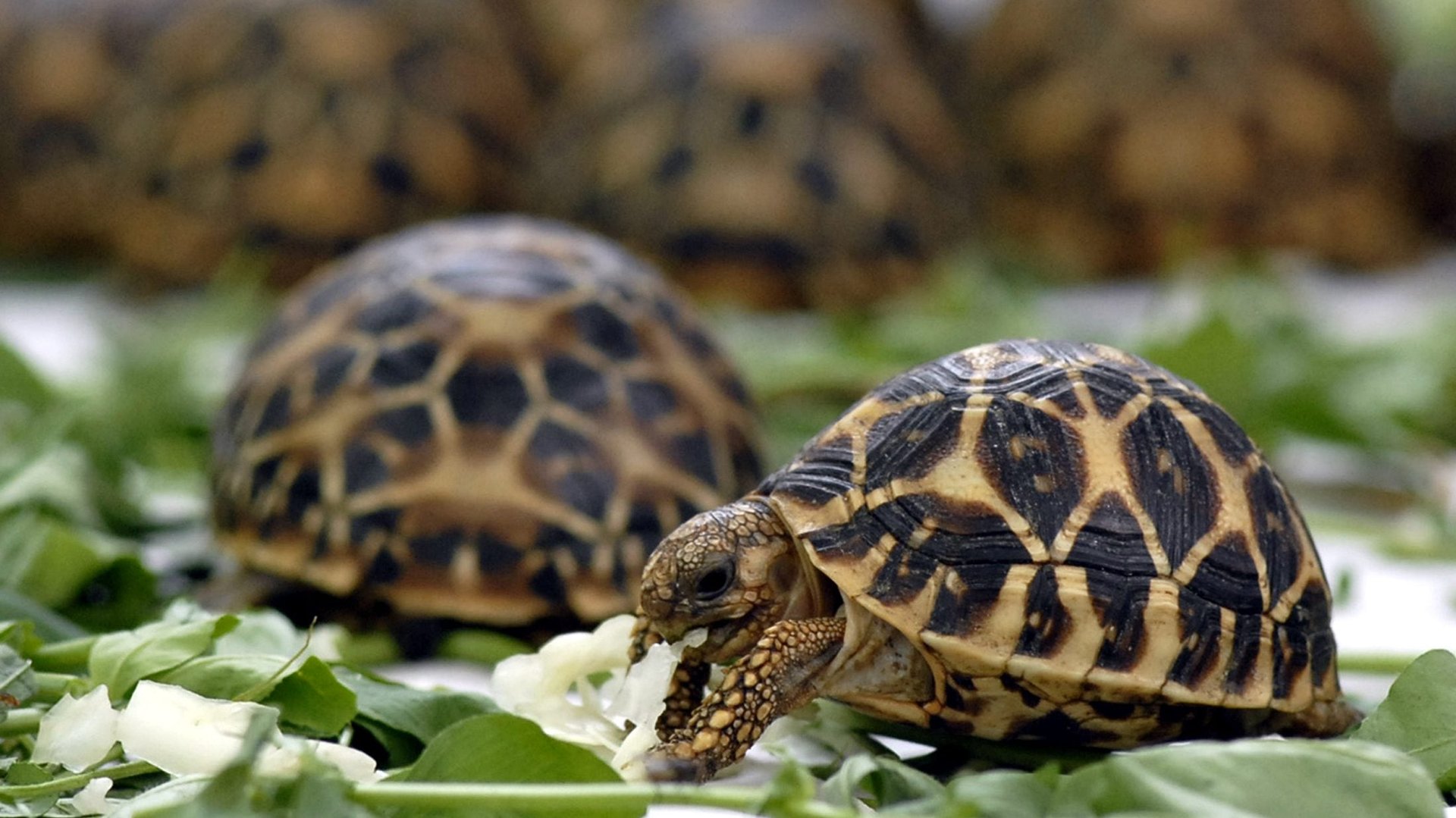Tiger, pangolin, star tortoise, tokay gecko—the species India must save from smugglers. Now
Illegal wildlife trade, both into and out of India, is a snowballing crisis.


Illegal wildlife trade, both into and out of India, is a snowballing crisis.
For years, tiger and leopard skins, their bones and other body parts, have been smuggled out of the country. Last year, TRAFFIC India, a wildlife trade monitoring network, released a study which revealed that at least 5,772 pangolins were captured in the country between 2009 and 2017 for illegal trade.
“A lack of knowledge, anonymous e-commerce (platforms), greed and low risk, high reward opportunities are coming together in a perfect storm to fuel wildlife crime globally, and India is a major hotspot,” said the UN Environment Programme’s (UNEP) wildlife campaign coordinator Lisa Rolls, on May 21, while launching the Wild for Life campaign spanning airports across India.
Illegal trade is fuelled by “demand for rare species—headed for the pet market—as well as for species believed to have medicinal properties,” the UNEP said in a blogpost on May 21.
The Indian star tortoise, for instance, has become the most trafficked tortoise worldwide because of its high demand as a pet. It fetches upwards of Rs25,000 ($358) when smuggled out and sold in the international market. Likewise, the smuggling of the tokay gecko lizard has been on the rise ever since false rumours of it being a cure for AIDS.
“The main consumer markets are China and southeast Asia, but wildlife—alive or as body parts—is also smuggled to the Gulf, Europe and northern America. Beyond India, the main transit countries are Nepal, Bangladesh, Bhutan, Sri Lanka and Myanmar,” said the UNEP blog post.
In the first phase of the Wild for Life campaign, India’s wildlife crime control bureau and UNEP are calling to protect four highly-endangered species: the tiger, the pangolin, star tortoise and the tokay gecko.
The government agency is launching a roving airport exhibition highlighting the environmental damage done by trafficking to garner public support for the conservation of wildlife, and to deter smuggling.
Damage control
In February this year, customs officials at Chennai International Airport in southern India found a leopard cub in a basket inside the luggage of a man who had arrived from Bangkok. And this was hardly an isolated incident.
Over the last year, several smuggling attempts have been foiled at the same airport.
In the past year alone, agencies in several Indian states have arrested over 300 gecko traffickers and confiscated more than 1,000 geckos and released them back into the wild, according to the UN environment body.
There is no lack of effort to curb the practice. In fact, India’s wildlife policies are quite robust. Trade in over 1,800 species of wild animals, plants and their derivative is prohibited under the country’s Wildlife (Protection) Act, 1972.
Since 1976, India has also been a member of the Convention on International Trade in Endangered Species of Fauna and Flora, an international agreement that aims to ensure that global trade in specimen of wild animals and plants does not threaten their survival.
Despite regulation, though, “the draw of quick cash is luring unemployed youth to act as couriers,” the UN agency noted.